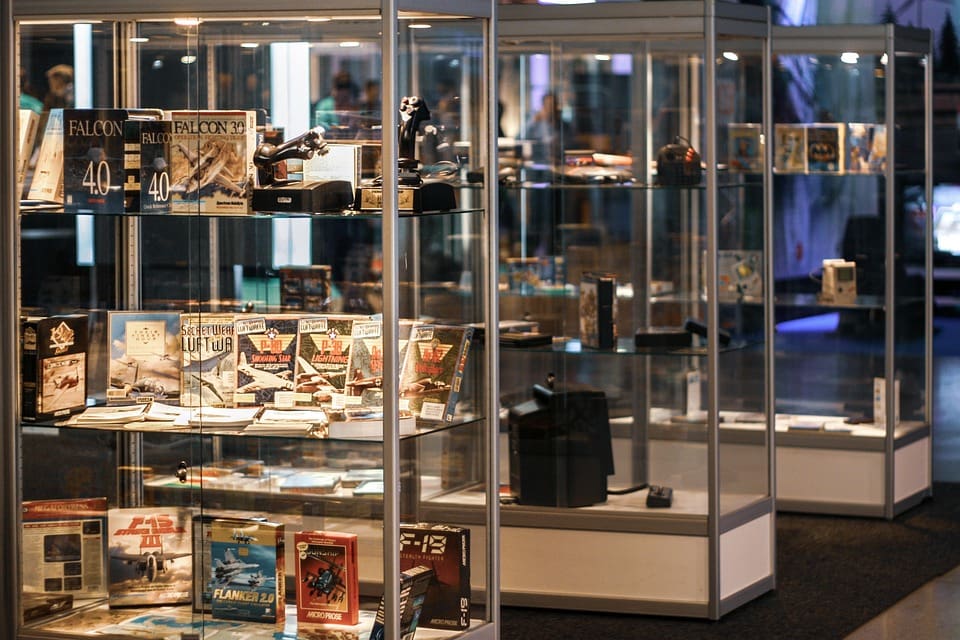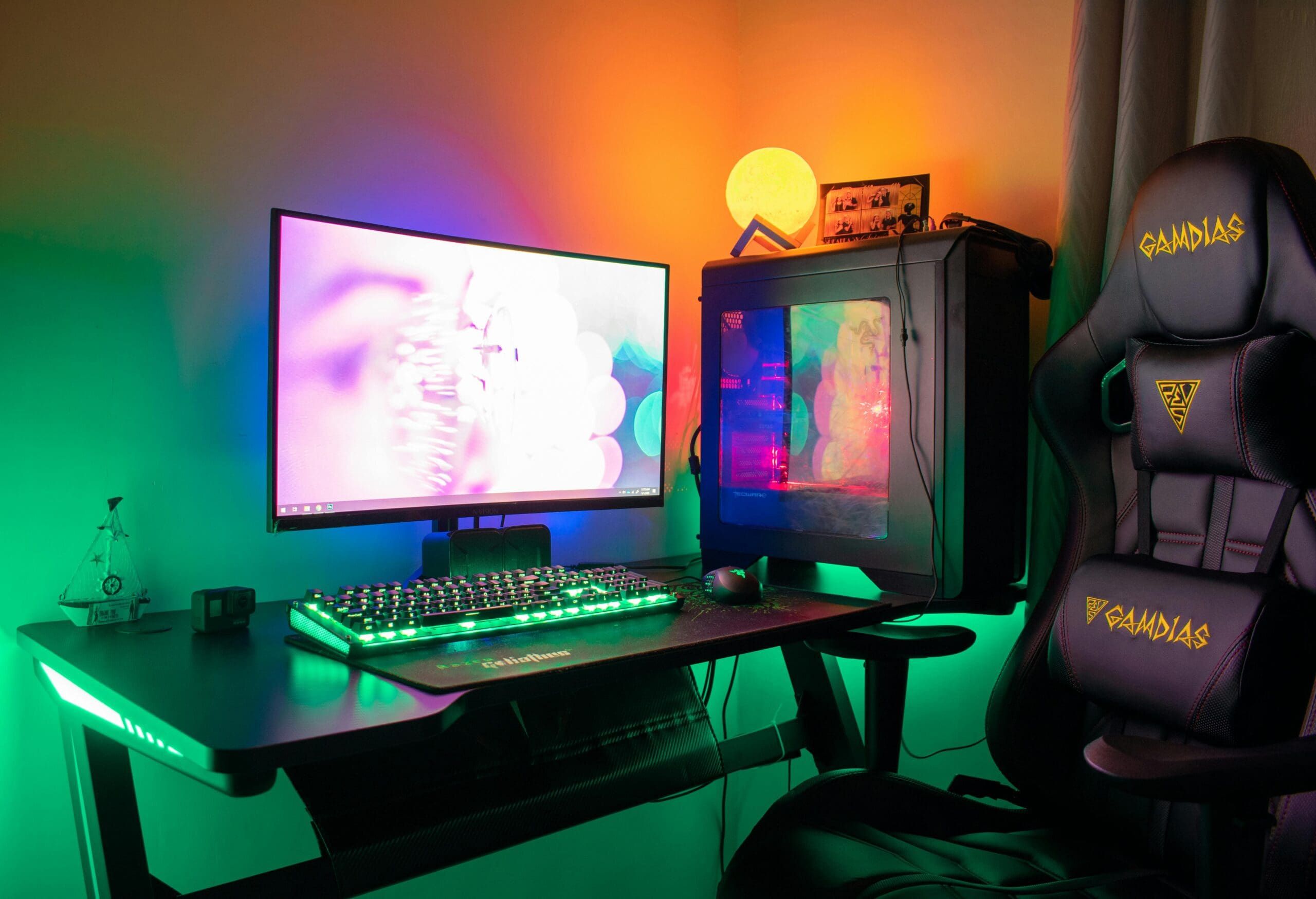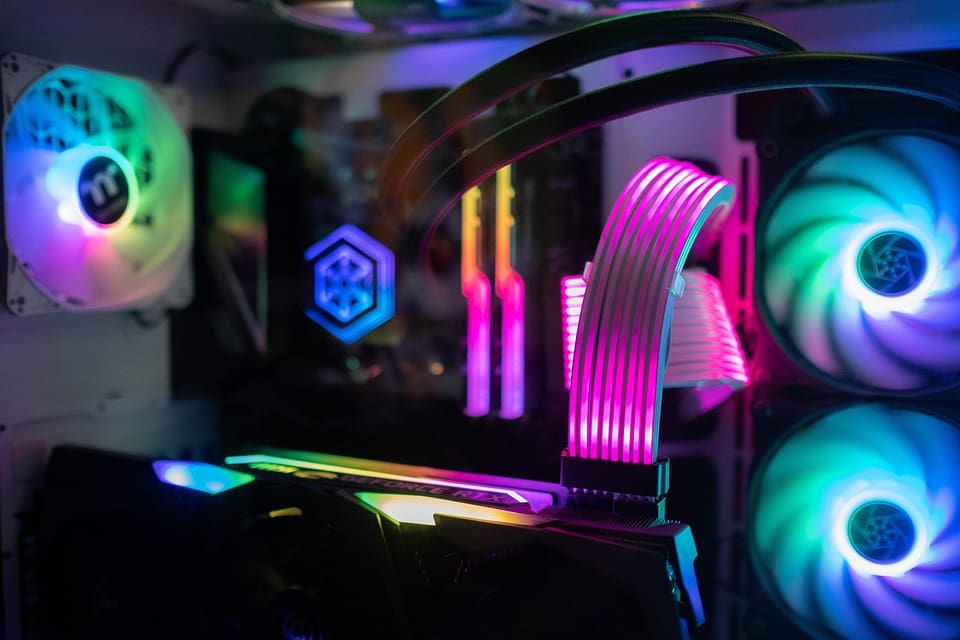Introduction
Gaming PCs have become increasingly popular among gamers due to their superior performance and customization options. However, like any electronic device, gaming PCs are prone to certain issues that can affect their performance and longevity. In this guide, we will discuss some of the most common gaming PC problems and provide tips on how to prevent them.
Why This Topic Matters
Understanding common gaming PC problems and how to prevent them is essential for both beginner and advanced users. By addressing these issues proactively, users can ensure that their gaming PC runs smoothly and efficiently, leading to a better gaming experience overall.
Step-by-Step Guide / Essential Tips
1. Keeping Your PC Clean
One of the most common issues that gamers face is overheating due to dust buildup inside the PC. To prevent this, make sure to clean your PC regularly using compressed air to remove dust from the fans, heatsinks, and other components. This will help prevent overheating and ensure optimal performance.
2. Updating Drivers and Software
Outdated drivers and software can cause compatibility issues and performance problems. Make sure to regularly update your graphics card drivers, motherboard drivers, and other software to ensure that your gaming PC is running smoothly. You can usually find driver updates on the manufacturers’ websites or through automatic update tools.
3. Monitoring Temperatures
Monitoring the temperatures of your CPU and GPU is crucial for preventing overheating and hardware damage. There are various software tools available that allow you to monitor the temperatures of your components in real-time. Keep an eye on these temperatures and take action if they exceed safe levels by adjusting fan speeds or improving airflow in your PC case.
Common Mistakes to Avoid
- Ignoring Software Updates: Failing to update your drivers and software can lead to compatibility issues and poor performance.
- Neglecting Maintenance: Not cleaning your PC regularly can result in dust buildup, overheating, and hardware failure.
- Overclocking Without Proper Cooling: Overclocking your CPU or GPU without adequate cooling can lead to overheating and reduced component lifespan.
Advanced Optimization Tips
For advanced users looking to further optimize their gaming PC, consider the following tips:
- Adjusting overclocking settings for optimal performance.
- Using third-party software to tweak system settings and improve performance.
- Investing in high-quality cooling solutions such as liquid cooling for better temperature management.
Final Thoughts
By following the tips and strategies outlined in this guide, users can prevent common gaming PC problems and ensure that their system runs smoothly and efficiently. Whether you are a beginner or an experienced gamer, taking proactive steps to maintain and optimize your gaming PC will lead to a better gaming experience overall.
💬 What are some common gaming PC problems you have encountered, and how did you address them? Share your experiences in the comments below!


